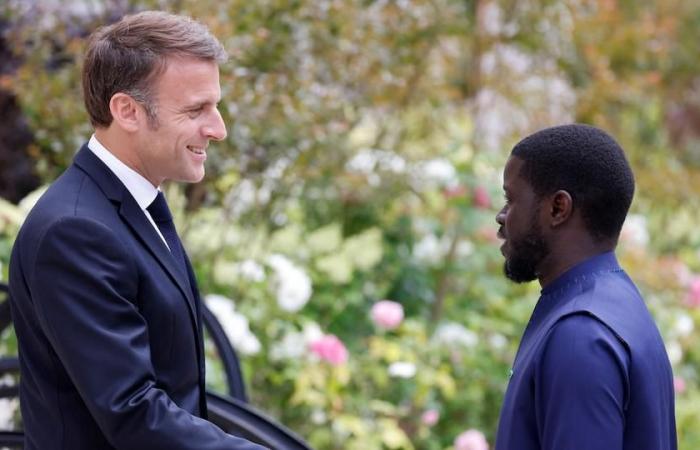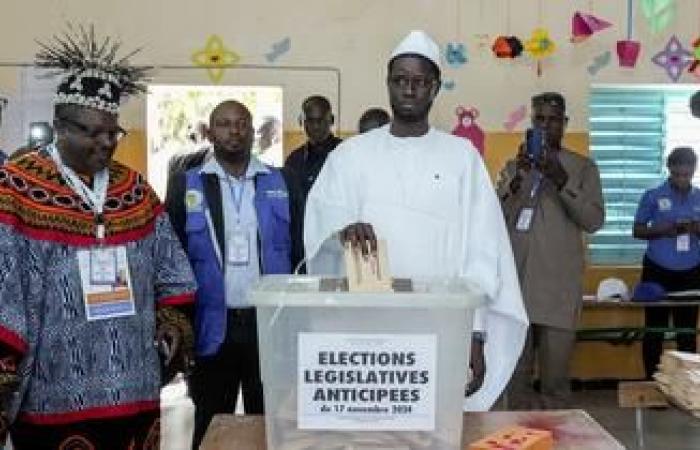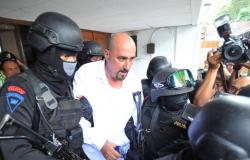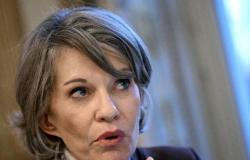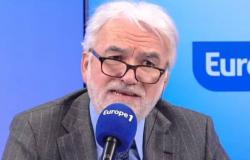Emmanuel Macron recognized that French colonial forces had committed a “massacre” against African riflemen in 1944 near Dakar, said Senegalese President Bassirou Diomaye Faye.
An “important step” towards the truth. In an interview with AFP, Senegalese President Bassirou Diomaye Faye indicated that his French counterpart, Emmanuel Macron, had recognized this Thursday that French colonial forces had committed a “massacre” against African riflemen near Dakar in 1944 .
“I received (Thursday) from President Emmanuel Macron a letter in which he recognizes that it was a massacre, very clearly, without ambiguity on the terms. France has recognized this massacre as it has never done,” said Bassirou Diomaye Faye, three days before the commemorations to which the new Senegalese authorities intend to give particular importance.
Indeed, the approach of the 80th anniversary of the events in Thiaroye has seen a proliferation of grievances against the former colonial power, accusations of concealment of history and demands for recognition. In his letter, Emmanuel Macron spoke of the relations of “friendship and fraternity” between the two countries, and the reciprocal duty of “truth and justice”.
“Thus we must look at the events that occurred in Thiaroye on December 1, 1944. From this point of view, France must recognize that on that day, the confrontation between soldiers and riflemen who demanded that the entire amount of money be paid their legitimate pay, triggered a chain of events leading to a massacre,” he wrote, regretting not being able to take part in the commemorations of Sunday December 1, where France will be represented by its Minister of Foreign Affairs, Jean-Noël Barrot.
Gray areas persist
At the end of 1944, more than 1,600 riflemen – former prisoners of war of the Germans who had participated in the fighting of 1940 – had been gathered in Thiaroye. These were not only Senegalese, but men from other French possessions in Africa.
On December 1, 1944, two weeks after their arrival in the camp, while they were demanding payment of their arrears of pay and various bonuses and combat allowances, the colonial forces shot at them. French authorities at the time admitted the deaths of at least 35 people. Several historians put forward a much higher number of victims, up to several hundred.
Even today, many gray areas remain regarding the circumstances of the killing, the number of deaths or the location of the bodies.
The Senegalese president considered the possibility of a future request for an apology from France. “Recognizing that we have perpetrated a massacre, obviously, must have the effect of making amends. Without being in one-upmanship, we think that naturally, this is what should follow,” he declared.
With these commemorations, the new Senegalese authorities are breaking with the previous ones. They are taking “Senegal out of the guilty and complicit silence, firmly imposed by France on successive regimes,” historian and president of the commemoration committee Mamadou Diouf told AFP.
“These brave men were massacred while they were unarmed. Their only mistake was to demand compensation, as they had the right to do, like their French brothers in arms,” declared Bassirou Diomaye Faye. “They did not receive any nest egg. They were shot. It is not because they received bullets that these payments are no longer due. They remain owed to these men of Tiaroye, as they were paid to their French brothers in arms,” added the Senegalese president.
“We are taking giant steps in revealing the truth about the circumstances of this massacre,” he also welcomed, stressing that “France is collaborating perfectly with the committee sent (to France by Senegal). ) for the exploitation of archives which have not yet been opened.

